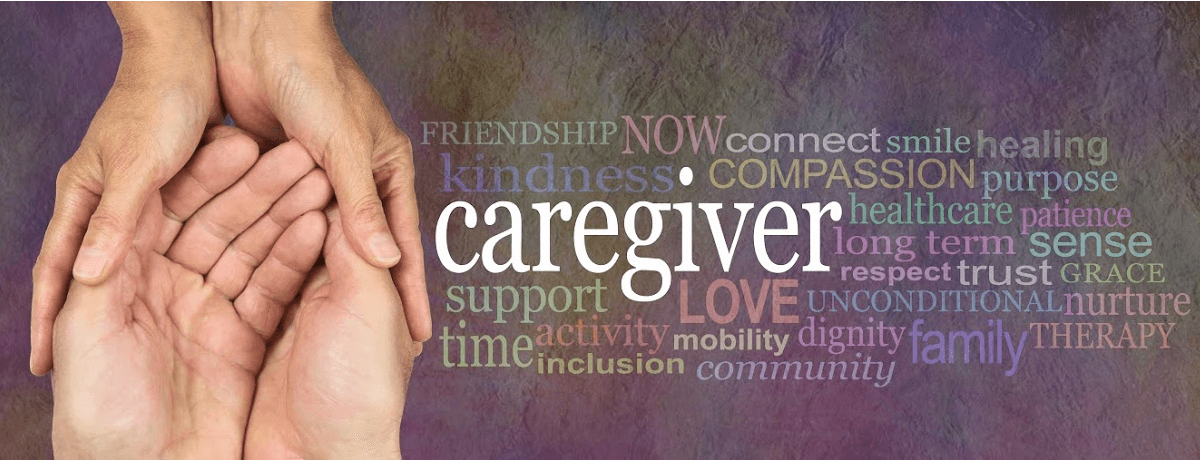Whether you’re caring for a loved one or you’re a professional caregiver caring for the loved ones of others, prioritizing your self care should be at the top of your list.
The truth of the matter is that you cannot pour from an empty cup. As a caregiver, this means that you cannot effectively care for others in a genuinely beneficial way without first making sure you’re caring for yourself. The effect on one’s physical and emotional wellbeing can be overwhelming. Often, when a person being cared for is under duress, their caregiver can feel it also. That empathy is what drives many caregivers, but it can also lead to exhaustion and burnout. The mental stress experienced regularly can have a negative effect. It’s true. You cannot care for others properly if you’re not putting your own needs first. It’s imperative not only for yourself but for those under your care.
Fortunately, there are some realistic, easy ways to prioritize your mental health.
- Journaling – Keeping a journal is one of the best ways to improve long-term stress levels and your overall mood. Writing for just 20 minutes a day can have positive, long-term effects, both mentally and physically. It’s one of the most therapeutic actions you can take, and the you can feel the benefits immediately. You can learn more about journaling and all its benefits here.
- Meditation – Often, people hear the word meditation and immediately think, “I could never stop my thoughts long enough to meditate.” Here’s the kicker – no one can; it’s impossible. That’s not the point. Sitting with yourself in silence allows you to be aware of your thoughts, and instead of reacting to them, acknowledge them without attachment to the feelings they induce. Even ten minutes a day (sometimes less!) produces benefits such as stress reduction, increased concentration, peace of mind, reduced blood pressure numbers, better sleep, and much more. You can find out more about meditation, how to get started, and its many benefits here.
- Yoga – Yoga is another fantastic way to prioritize yourself before you start giving to others. As with journaling and meditation, it doesn’t take much time out of your day to produce massive benefits. Just 15 minutes a day has effects such as stress reduction, better sleep, more energy, boosts your immune system, and allows you to communicate with your body and how each part of it feels. This quick, 15-minute routine is easy to follow, and it’s enough to have you feeling real results very soon.
There are many more ways to put yourself first daily.
The practices listed in this article take less than an hour a day in total, and you’ll find the benefits to be exponential. Caring for yourself first allows you to fully serve those you care for, in the most fulfilling and rewarding way possible, for both you and those in your charge. If you do find yourself caring for a loved one and feeling overwhelmed, reach out and let us help you, care for you.


